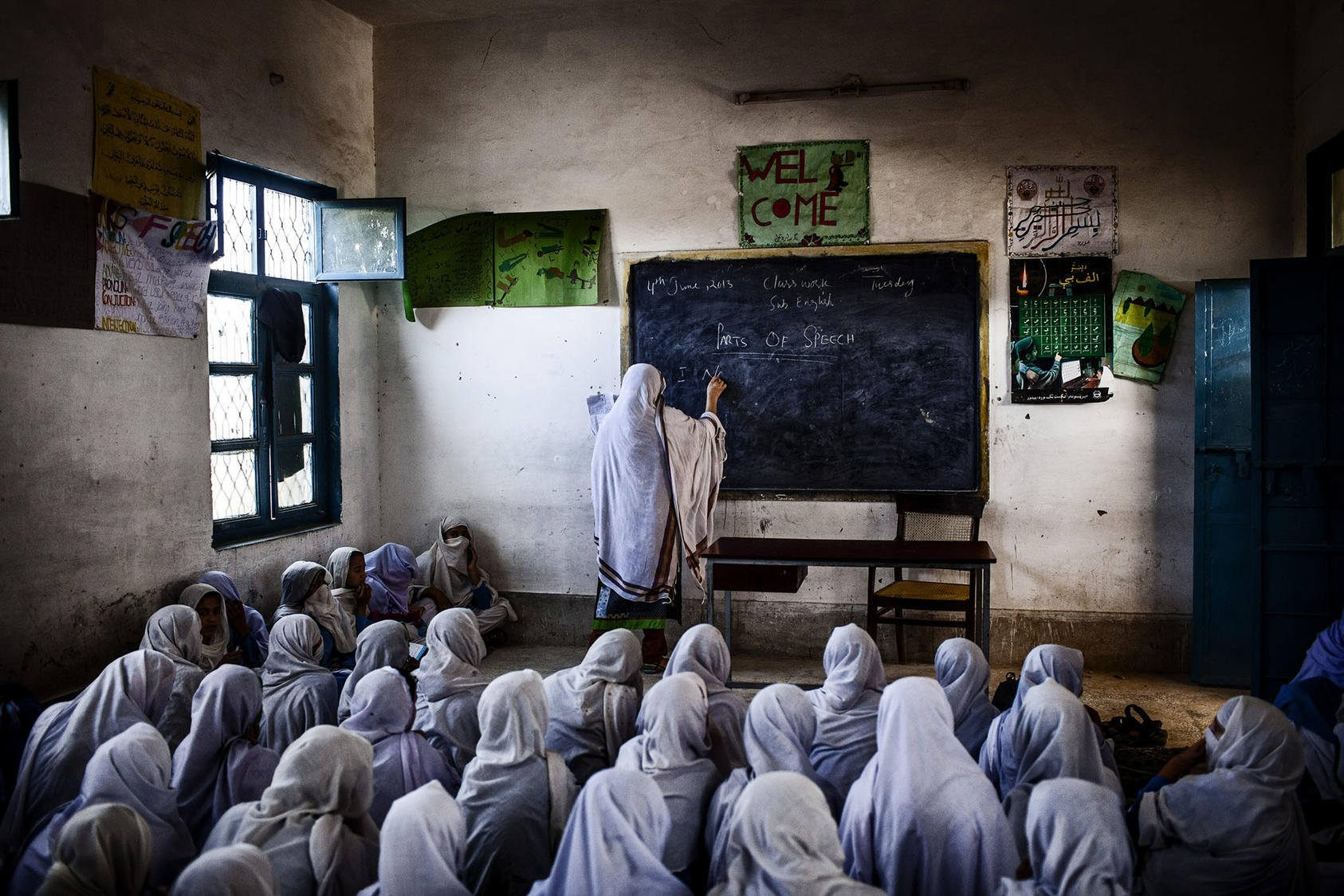
Prime Minister Shehbaz Sharif has recently announced a series of new initiatives aimed at enhancing girls’ education in South Punjab, a region that has historically struggled with low enrollment and retention rates for female students. These efforts are part of the broader education emergency declared by the government to address the nationwide issue of out-of-school children.
Among the key measures introduced are financial incentives for families to keep their daughters in school, including stipends for female students and compensation for their parents. These incentives are designed to reduce the financial burden on families, making it more feasible for them to prioritize education for their daughters.
The Prime Minister highlighted the success of similar programs during his tenure as Chief Minister of Punjab, where these strategies led to a significant increase in girls’ school enrollment. In South Punjab, where cultural and economic barriers have often prevented girls from accessing education, these initiatives are expected to have a particularly strong impact.
In addition to financial incentives, the Prime Minister also emphasized the importance of improving the quality of education in the region. This includes the establishment of more Danish Schools, which provide high-quality education and boarding facilities to underprivileged students. By expanding these opportunities, the government aims to create a more equitable education system that ensures all children, regardless of their background, have the chance to succeed.
These efforts are part of a larger national strategy to reform the education sector in Pakistan, with a focus on improving access and quality across the country. The government’s commitment to education, especially for girls in underserved areas, reflects a significant step forward in addressing long-standing inequalities and building a brighter future for all Pakistani children
